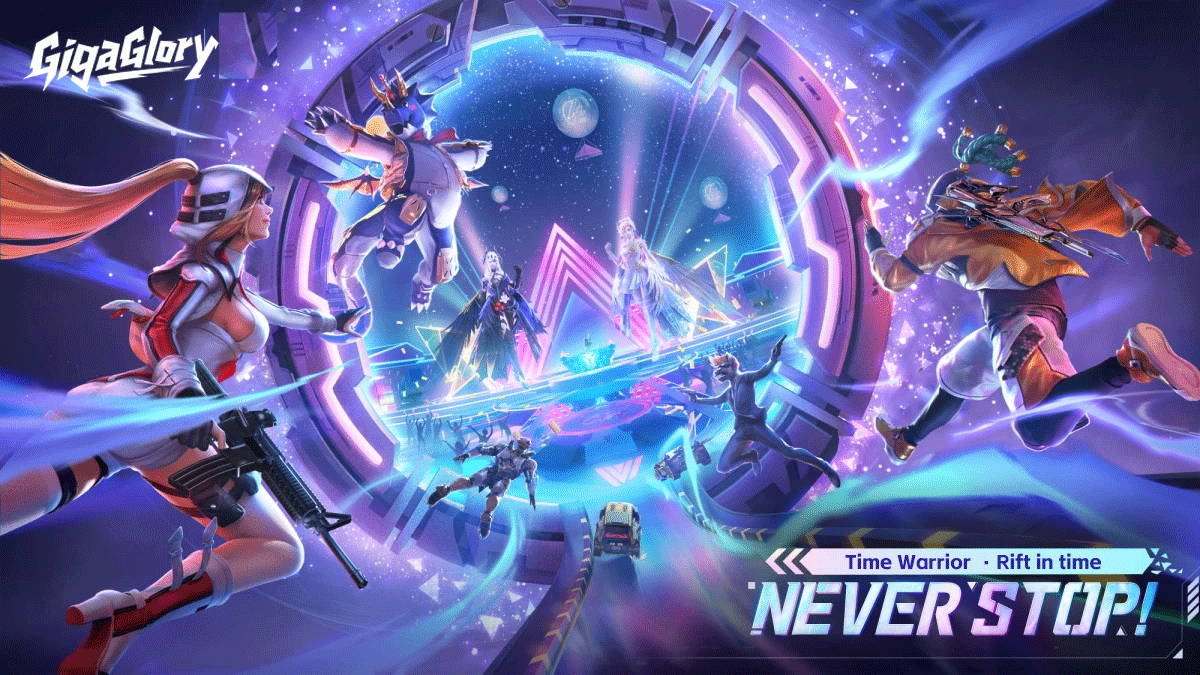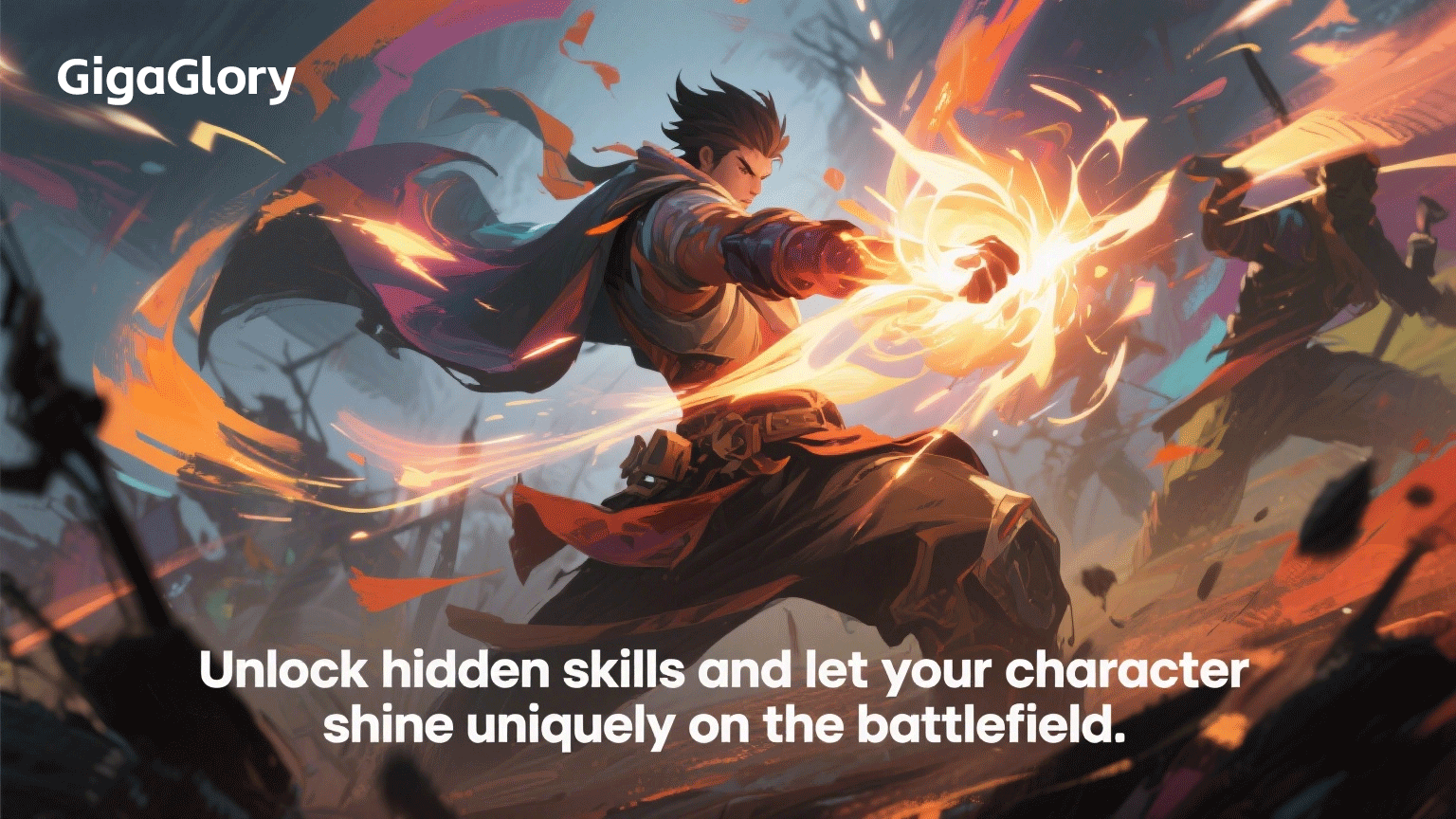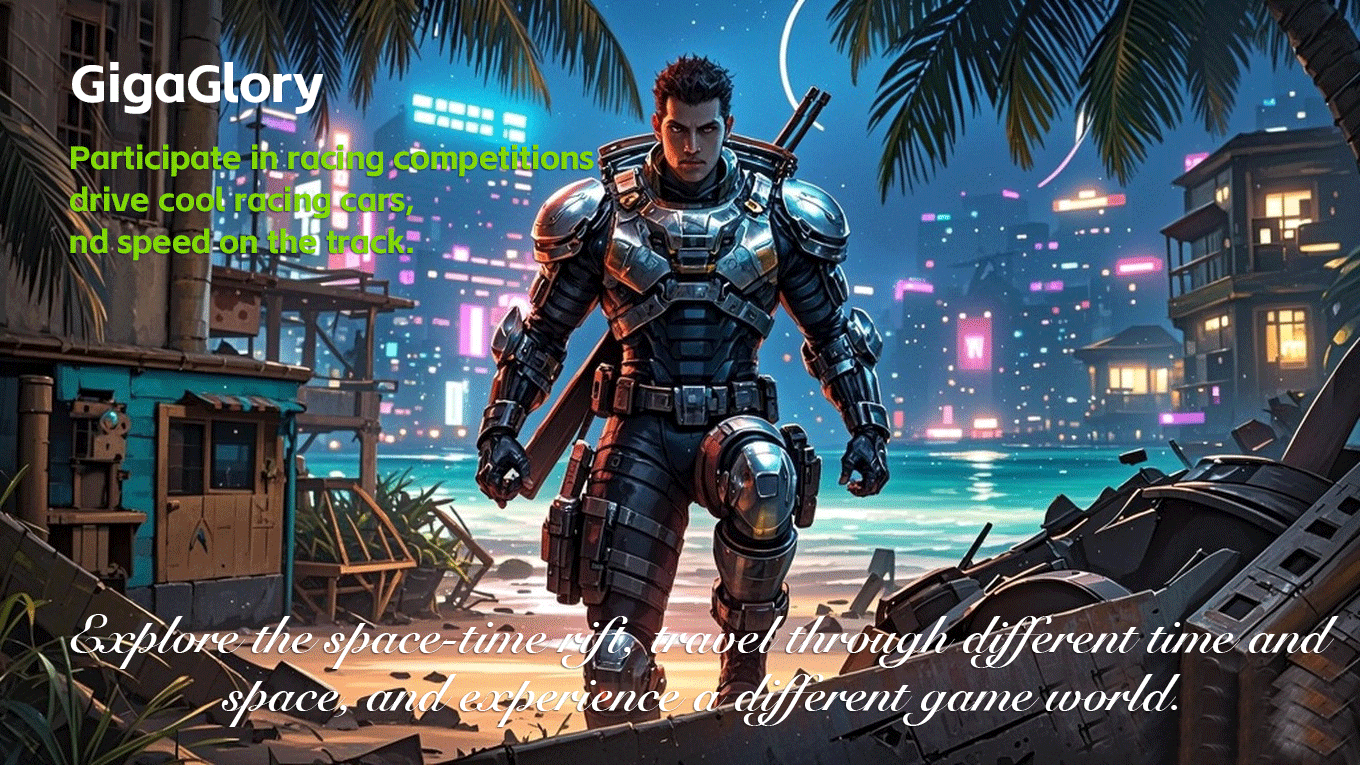How Puzzle Games Evolved: Exploring the Rise of Incremental Games
Puzzle games have long captivated players with their engaging challenges and brain-teasing mechanics. They’re more than just a way to kill time; they often reflect cultural shifts and technological advancements. Over the years, we’ve witnessed the evolution of these games, leading us into the fascinating world of incremental games. So, grab a snack and let’s explore this intricate journey, shall we?
The Beginnings of Puzzle Games
Picture this: the early days of gaming, where simple graphics and straightforward mechanics ruled the day. Games like Tetris emerged from this stark landscape, providing players with a unique blend of spatial reasoning and reflex challenges. Back in the day, these games didn't just entertain; they set a foundation for what was to come.
| Game | Release Year | Impact |
|---|---|---|
| Tetris | 1984 | Pioneered puzzle mechanics |
| Puzzle Bobble | 1994 | Brought multiplayer engagement |
| Bejeweled | 2001 | Introduced match-three mechanic |
Incremental Games: A New Frontier
With the rise of the Internet and mobile gaming, a new breed of puzzle games began to surface: the *incremental games*. These games are often referred to as “clicker games”, where just tapping the screen or clicking a mouse turns mundane tasks into oddly satisfying experiences. Think of Cookie Clicker or Adventure Capitalist—games that seem simple at first but quickly morph into something insatiable. It’s the thrill of growth, of seeing numbers climb that hooks players.
Why Are Incremental Games So Popular?
- Simple Mechanics: Easy to pick up and play
- Rewarding Feedback Loops: Constant progression keeps players engaged
- Community Aspect: Players often share strategies and achievements
The Puzzle-Incremental Intersection
You might be wondering, where do traditional puzzle games fit into the incremental equation? Here’s the twist—many incremental games incorporate puzzle elements to enhance their gameplay. For instance, some games challenge players to solve a series of puzzles to unlock upgrades. It's like having your cake and eating it too.
Case Study: The United Kingdom Environmental Issues Classwork Crossword Puzzle
Now, let’s take a detour into education. Have you ever tried solving a crossword puzzle centered around environmental issues? These types of games promote learning while still delivering the traditional puzzle experience. The twist? You can turn it into an incremental game by adding layers of difficulty or unlocking new clues as players progress. It's a blend of knowledge and fun, bringing a valuable perspective to puzzle gaming.
Why Incorporate Incremental Games in Education?
- **Engagement**: Students are more likely to participate.
- **Retention**: Learning through gameplay can enhance memory.
- **Skill Development**: Players boost critical thinking and problem-solving skills.
Potato Free Game: A Unique Concept
Now, let’s spice things up with a quirky concept: the *potato free game*. Imagine an incremental game where the objective is to collect items while avoiding potatoes. It sounds ridiculous, but isn’t that the beauty of gaming? It taps into humor while presenting a challenge, keeping players entertained and engaged. Plus, it opens the floor for discussions about quirky themes in puzzle games.
What Makes the Potato Free Game Special?
- **Humor**: It brings fun and laughter.
- **Creativity**: Players can brainstorm ridiculous scenarios.
- **Community Involvement**: This could start as a simple concept and evolve into a crowd-sourced game.
Future of Puzzle Games: Where Do We Go From Here?
The future is bright for puzzle games, full of potential for innovation. With advances in technology and changes in player preferences, we can anticipate a shift towards more interactive, community-driven experiences. Think augmented reality puzzles that blend real life with digital challenges, or multiplayer incremental puzzle games that foster cooperation rather than competition. The possibilities are endless!
Key Takeaways
- Puzzle games continue to evolve, influenced by player interests and technology.
- Incremental games have risen dramatically, appealing to a broad audience.
- Incorporating educational elements into games elevates their purpose.
- Quirky themes, like a potato-free game, can enhance player experience through humor.
Conclusion
So, what have we learned today? Puzzle games have come a long way from their origins, adapting and evolving through time. Incremental games represent just one aspect of this evolution, offering fresh mechanics and experiences that keep players engaged. As we continue to play and create, mix those mechanics, and dare to innovate, one thing is clear: the puzzle game genre is far from done. In fact, it’s just getting started!
FAQs
Q: What are the key features of incremental games?
A: Incremental games are characterized by simple mechanics, rewarding feedback loops, and often a social or community element.
Q: Can puzzle games be educational?
A: Absolutely! Many puzzle games now incorporate educational elements, enhancing learning through engagement.
Q: Why is humor important in game design?
A: Humor makes a game more enjoyable and can increase player retention by creating memorable moments.
Q: What’s next for puzzle games?
A: Innovations in technology like AR could redefine how we play puzzle games, making them more immersive and community-oriented.



